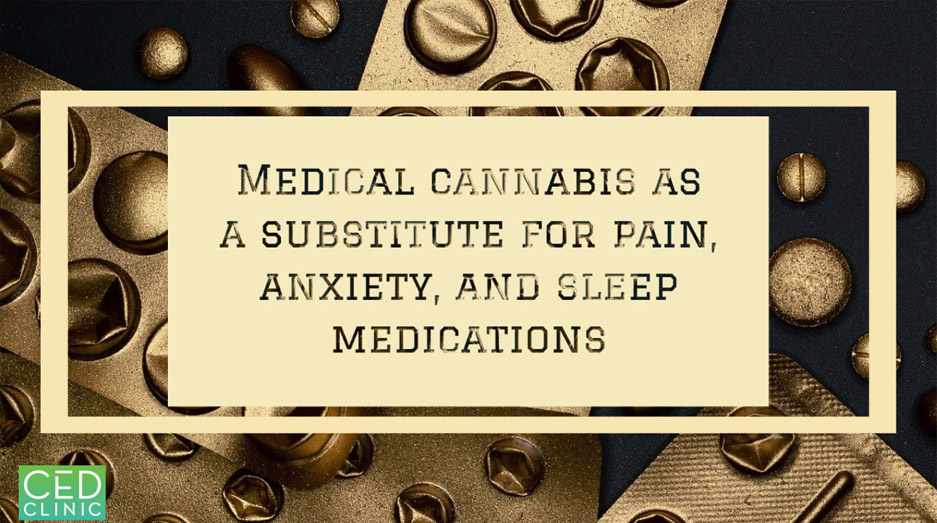Until now, medical cannabis remains a highly controversial substance, being condoned in different forms by half of the states but prohibited at a federal level in the states. A plethora of scientific, clinical and epidemiological research has corroborated its benefits for many conditions and disorders, yet the stigma associated with medical cannabis remains prevalent in the society and even among healthcare providers. For these reasons, a group of physicians at the Geisinger Commonwealth School of Medicine, PA conducted a study to evaluate the extent to which patients substitute medical cannabis for opioids and other common psychoactive medications as well as the extent to which these patients communicate about medical cannabis use to their primary care providers and others.
According to the study results, which came from self-reported online surveys of medical cannabis dispensary customers in New England, a majority of patients reported using less opioids (76.7%) as well as fewer medications to treat anxiety (71.8%), migraines (66.7%), and sleep (65.2%) after initiating medical cannabis. A smaller portion used less antidepressants or alcohol – 37.6% and 42.0% respectively. These findings confirmed the therapeutic effects of cannabis. However, the respondents’ spouses, families and friends were more likely to know about their medical cannabis use than was their primary care provider, suggesting that as expected, many patients were afraid of the negative view physicians might hold against cannabis.

